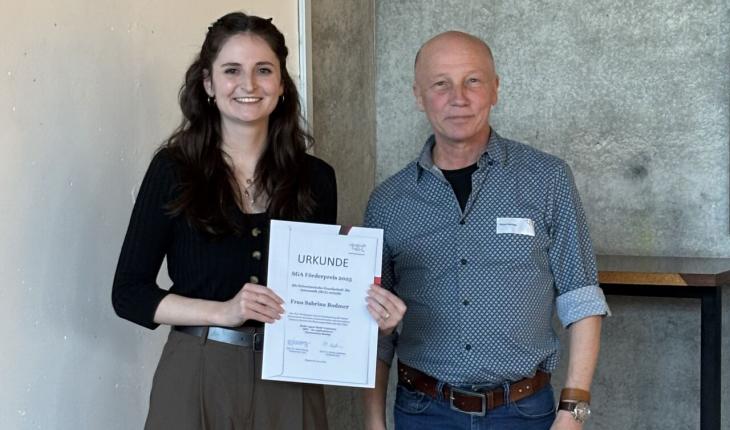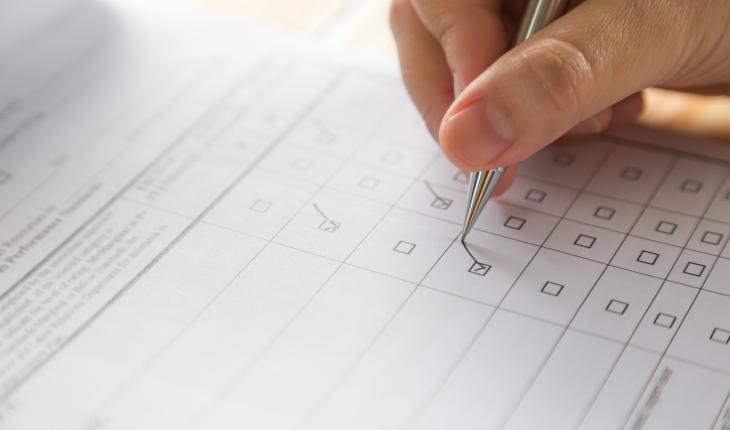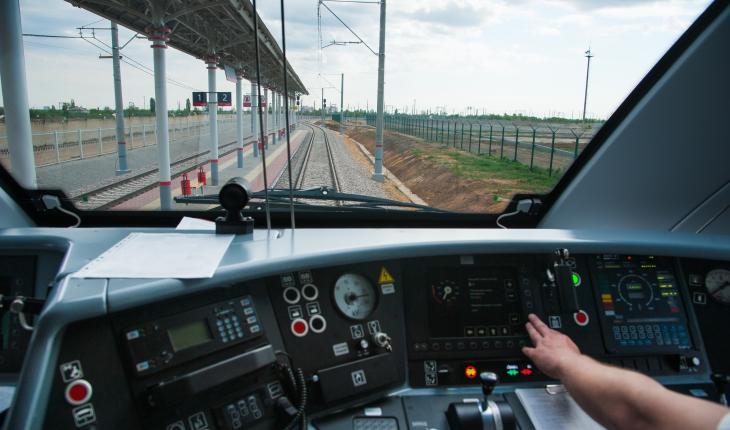An important step in self-learning control schemes
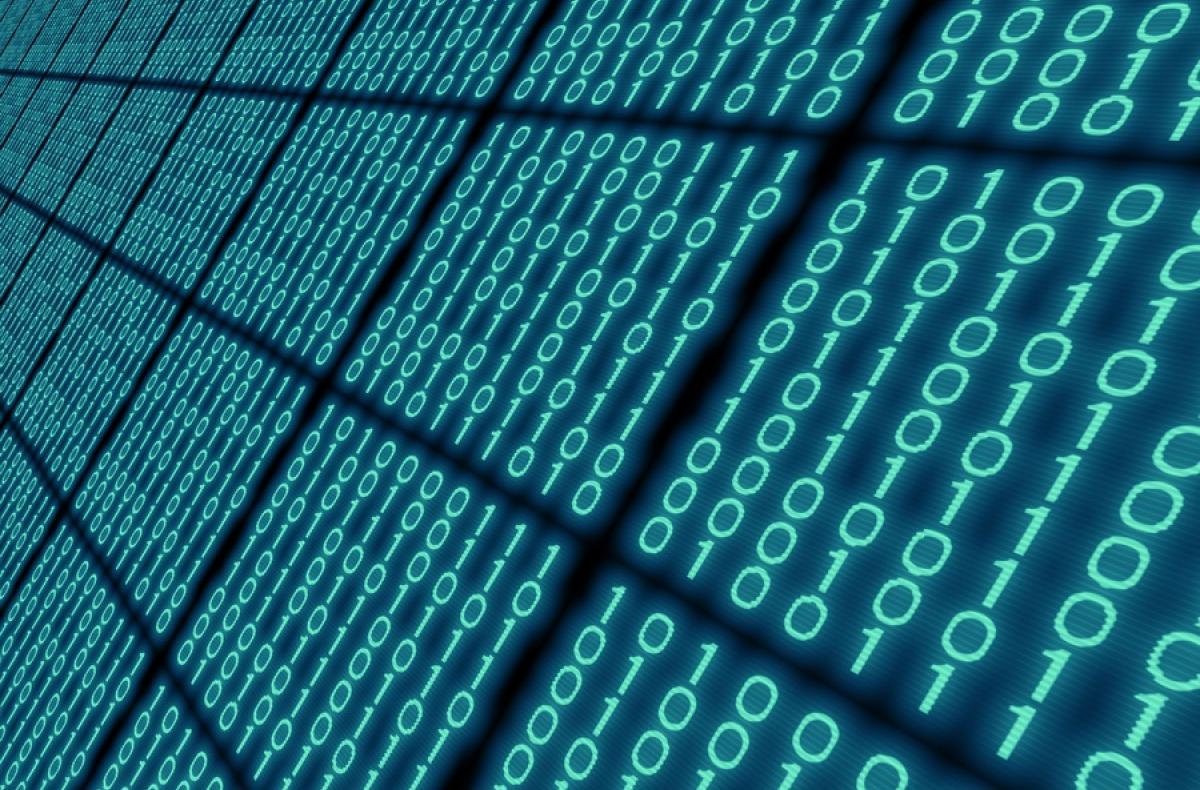
Keeping a car moving at a constant speed is a relatively straightforward task: accelerate when it slows down and decelerate when it speeds up. An algorithm that controls the car to fulfill this task requires only a few mathematical equations that describe the motion of the car (force equals mass times acceleration and so on) and measurements of its speed. But many real-world systems that scientists aim to control are much more complex and the equations that describe them are sometimes not even fully known. Take the spread of a viral disease, for example. Mathematically describing and controlling this system accurately can be extremely challenging – as the Coronavirus pandemic has shown.
When these traditional approaches to control fail, a relatively new class of methods, called data-driven control methods, provides a promising alternative. They do not rely on a predefined mathematical description of the system. Instead, the algorithms describe the system mathematically based on patterns they detect in the vast amounts of collected data. From this data-based description, scientists can formulate a control strategy. Researchers led by the EPF Lausanne and the NCCR Automation have recently developed a novel data-driven control scheme that is also robust to inaccurate data. Their results were published in the journal Proceedings of Machine Learning Research.
Dealing with inaccurate measurements
“What we are particularly interested in, is the task of controlling a system in a way that its outputs follow corresponding desired values. We call this reference tracking”, first-author of the study, postdoctoral researcher at the EPFL and member of the NCCR Automation, Liang Xu says. In the example of a disease spread, this might correspond to taking control measures such that the number of infections decreases.
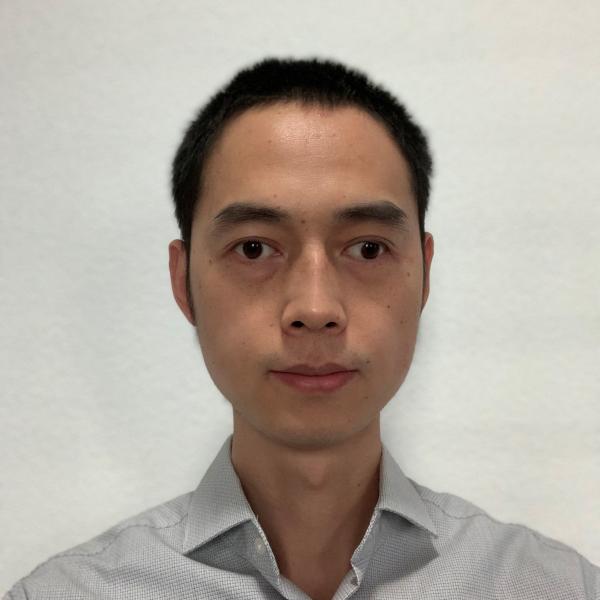
Using recently available tools for data-driven control, the team expresses the control problem as an optimization problem parameterized by available data. For this to work, however, the data need to be of a certain quality. “Otherwise it becomes much more difficult to follow the desired values – garbage in garbage out, so to speak”, Liang Xu says. Unfortunately, real-world data can often be inaccurate. “This is why our control design also had to take these inaccuracies into account”, co-author of the study, a doctoral candidate at the EPFL and member of the NCCR Automation, Mustafa Sahin Turan says. To further account for inaccuracies in collected data, the team formulated a robust optimization-based control problem, for which they then provide explicit solutions. As a result, the team’s control method ensures that the desired regulation performance is maintained even for considerable measurement inaccuracies. An key benefit is that the direct data-driven control method avoids the system identification step that conventional control approaches take. This makes it simpler and easy to implement.

Preparing for the future
“In the near future, there will be increasing applications for such data-driven control methods, as both data and computing power as well as complex systems will become ever more ubiquitous. Our method is an important step for realizing future control schemes that directly learn from the data they collect from their environment. Without requiring model knowledge about the underlying system”, Turan concludes.
